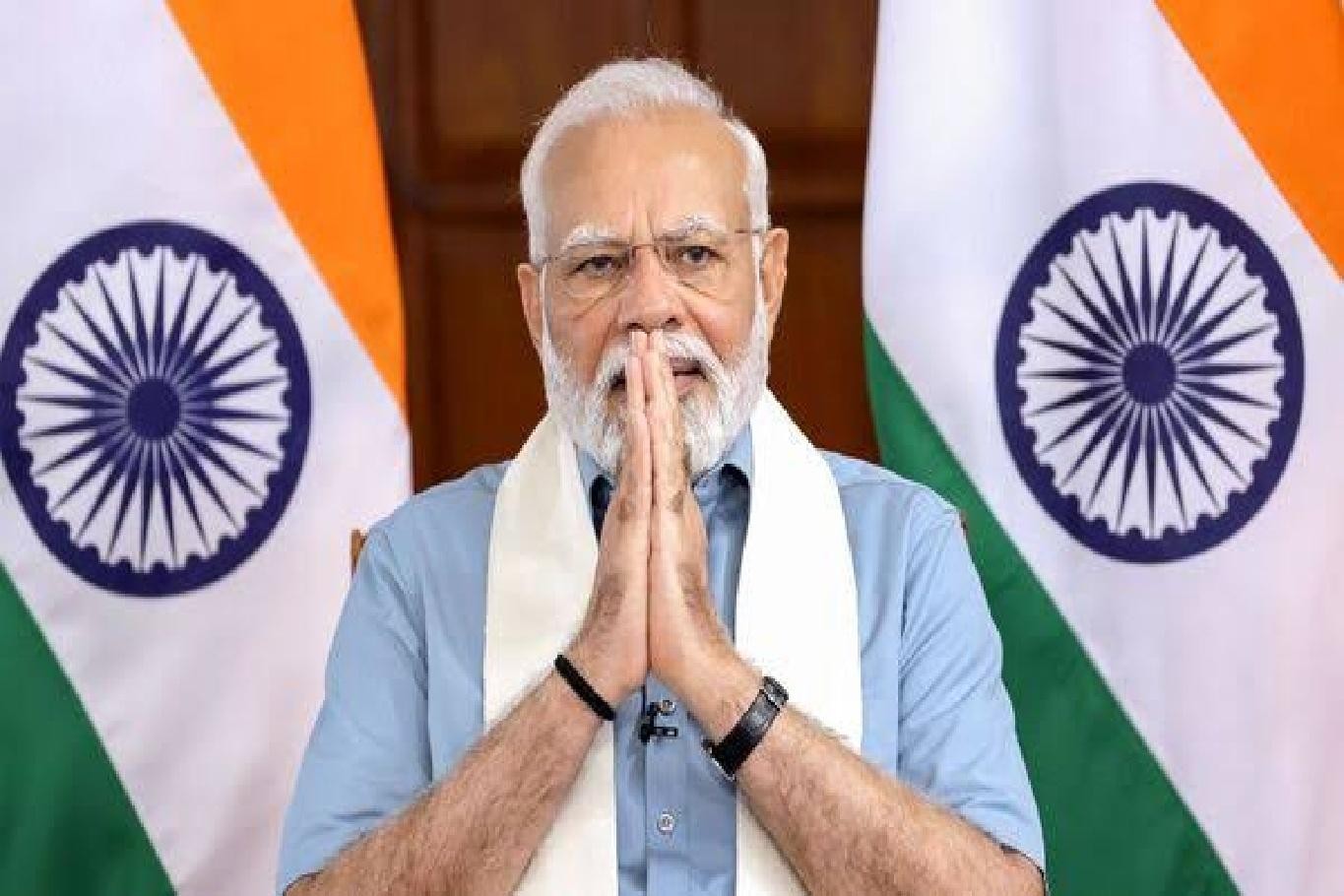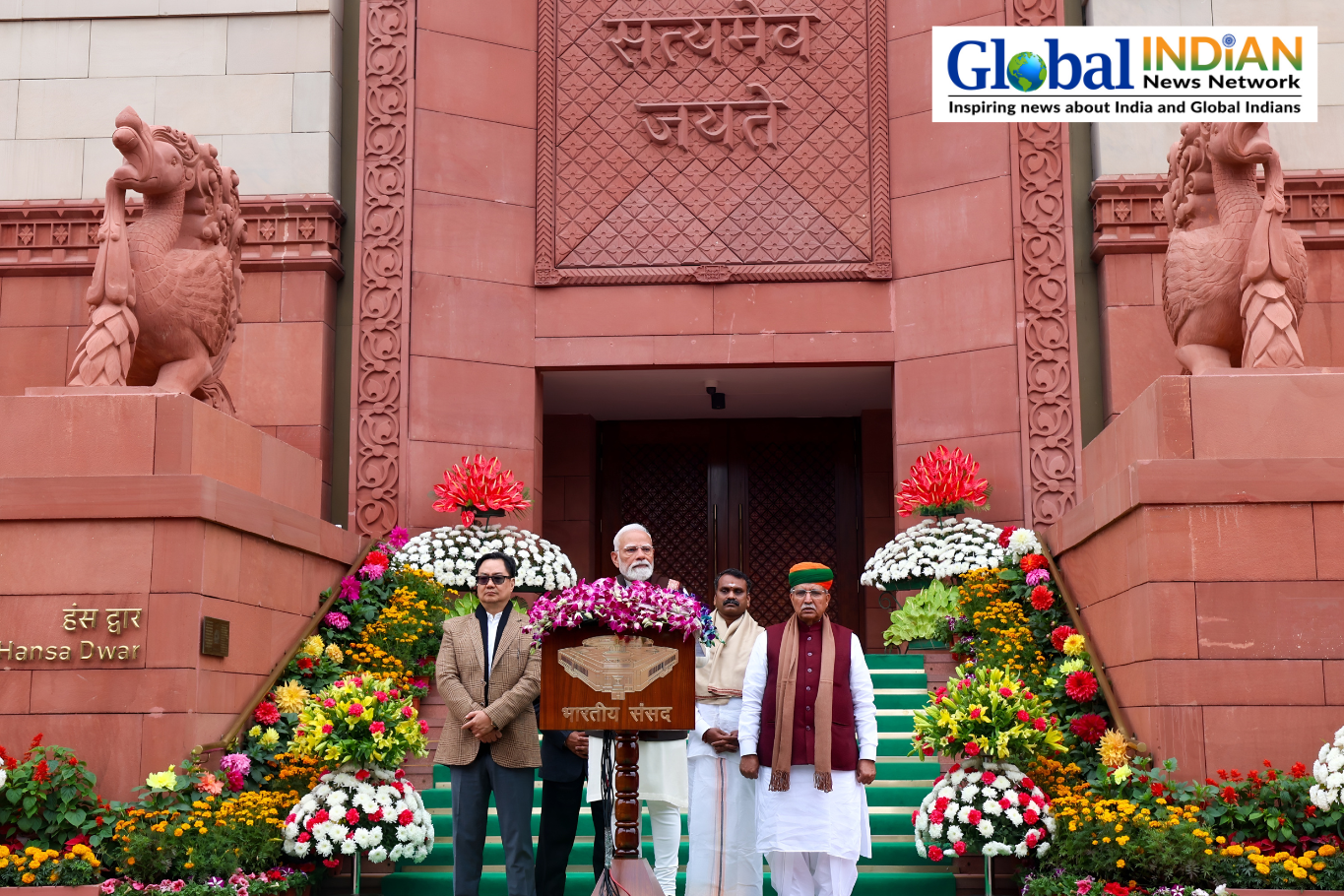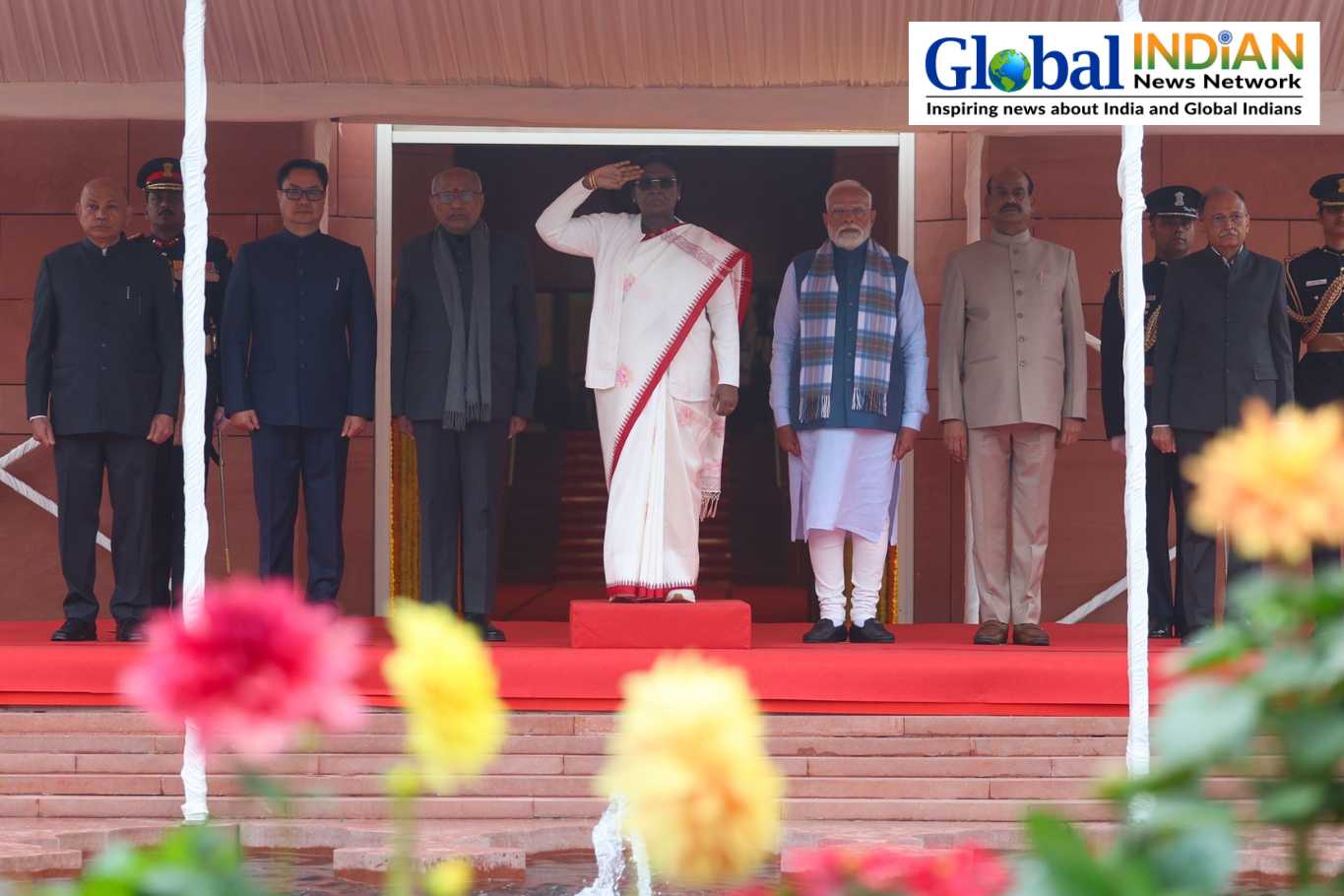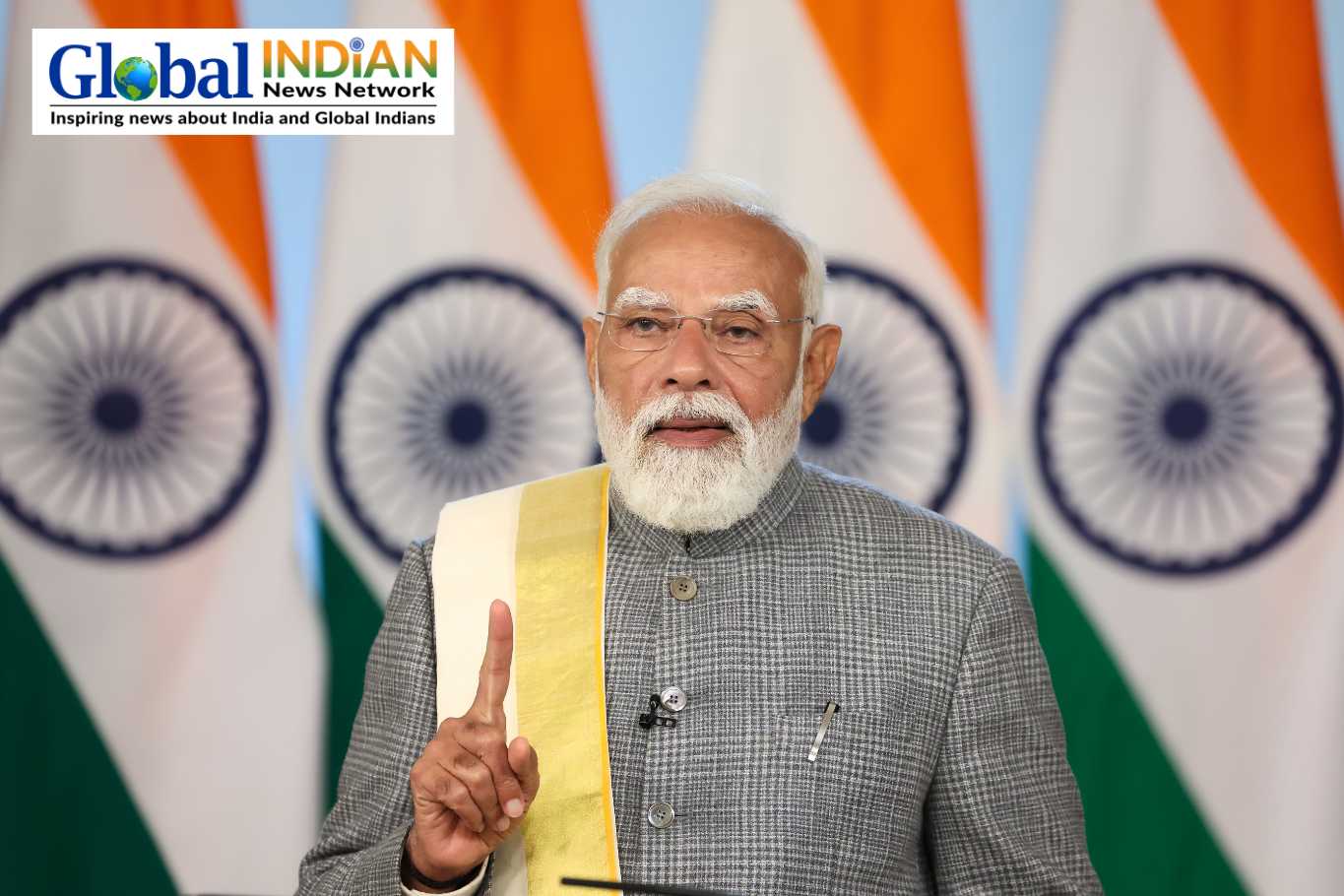
In alignment with Prime Minister Narendra Modi’s reiterated assertions of securing a third term and his resolve to commence swift action, senior government officials have commenced drafting an action plan for the incoming administration. Key focuses include streamlining ministries, expanding the number of Indian missions abroad by 20% to 150 within six years, attracting greater private investment in infrastructure, and establishing a smoother land acquisition mechanism for priority projects.
A preliminary draft paper, slated for discussion in meetings convened by the cabinet secretary this month, outlines ambitious targets. These targets encompass doubling the proportion of senior citizens benefiting from pension schemes to 50% by 2030, up from the current 22%, alongside increasing female workforce participation to over 50%, surpassing the global average of 47%. Notable emphasis is also placed on promoting electric vehicles, aiming to elevate their market share from 7% to over 30% in vehicle sales.
Discussions also revolve around reducing case backlogs in courts to under 1 crore by 2030, down from the current 5 crore, and accelerating case processing times in lower and higher judicial systems. This necessitates bolstering judicial staffing levels to alleviate vacancies from 22% to 10% over the next six years.
The delineated targets underscore priority areas for policymakers, with ministries tasked with refining specifics ahead of impending elections. Medium-term goals for 2030 and long-term aspirations for 2047 are envisaged. Notably, deliberations include proposals to augment defence spending to 3% of GDP, intensify research and development efforts within the defence budget, and enhance India’s global arms exports while diminishing its reliance on arms imports.
Economically, the plan underscores the importance of sectors such as automobiles, textiles, pharmaceuticals, tourism, and services, with aims to bolster manufacturing’s contribution to GDP from 28% to 32.5% by 2030. Additionally, efforts are underway to streamline business commencement procedures and alleviate prison overcrowding by reducing the proportion of undertrial prisoners and enhancing occupancy levels.
While many of these initiatives have been previously discussed, pre-election consultations with the Prime Minister have reignited their prominence. The imperative for inter-ministerial cooperation and potential ministry rationalization has been emphasized, drawing insights from countries with fewer ministries like China, Brazil, and the US. Ultimately, the implementation of these plans will require political consensus, considering the historical proliferation of ministries to accommodate MPs and coalition partners.











